Cross posted from The Stars Hollow Gazette
This is your morning Open Thread. Pour your favorite beverage and review the past and comment on the future.
Find the past “On This Day in History” here.
February 15 is the 46th day of the year in the Gregorian calendar. There are 319 days remaining until the end of the year (320 in leap years).
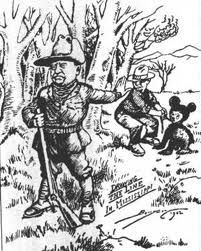
On this day in 1903, toy store owner and inventor Morris Michtom places two stuffed bears in his shop window, advertising them as Teddy bears. Michtom had earlier petitioned President Theodore Roosevelt for permission to use his nickname, Teddy. The president agreed and, before long, other toy manufacturers began turning out copies of Michtom’s stuffed bears, which soon became a national childhood institution.
The name Teddy Bear comes from former United States President Theodore Roosevelt, whose nickname was “Teddy”. The name originated from an incident on a bear-hunting trip in Mississippi in November 1902, to which Roosevelt was invited by Mississippi Governor Andrew H. Longino. There were several other hunters competing, and most of them had already killed an animal. A suite of Roosevelt’s attendants, led by Holt Collier, cornered, clubbed, and tied an American Black Bear to a willow tree after a long exhausting chase with hounds. They called Roosevelt to the site and suggested that he should shoot it. He refused to shoot the bear himself, deeming this unsportsmanlike, but instructed that the bear be killed to put it out of its misery, and it became the topic of a political cartoon by Clifford Berryman in The Washington Post on November 16, 1902. While the initial cartoon of an adult black bear lassoed by a white handler and a disgusted Roosevelt had symbolic overtones, later issues of that and other Berryman cartoons made the bear smaller and cuter.
Morris Michtom saw the drawing of Roosevelt and the bear cub and was inspired to create a new toy. He created a little stuffed bear cub and put it in his shop window with a sign that read “Teddy’s bear,” after sending a bear to Roosevelt and receiving permission to use his name. The toys were an immediate success and Michtom founded the Ideal Novelty and Toy Co.
At the same time in Germany, the Steiff firm, unaware of Michtom’s bear, produced a stuffed bear from Richard Steiff‘s designs. They exhibited the toy at the Leipzig Toy Fair in March 1903 and exported 3,000 to the United States.
By 1906 manufacturers other than Michtom and Steiff had joined in and the craze for “Roosevelt Bears” was such that ladies carried them everywhere, children were photographed with them, and Roosevelt used one as a mascot in his bid for re-election.
American educator Seymour Eaton wrote the children’s book series The Roosevelt Bears, while composer John Bratton wrote “The Teddy Bear Two Step” which, with the addition of Jimmy Kennedy‘s lyrics, became the song “The Teddy Bears’ Picnic”.
Early teddy bears were made to look like real bears, with extended snouts and beady eyes. Today’s teddy bears tend to have larger eyes and foreheads and smaller noses, babylike features that make them more attractive to buyers because they enhance the toy’s cuteness, and may even be pre-dressed.

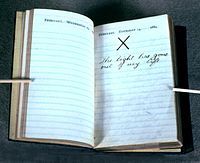
 On this day in 1633, Italian philosopher, astronomer and mathematician
On this day in 1633, Italian philosopher, astronomer and mathematician  On this day in 1990,
On this day in 1990, 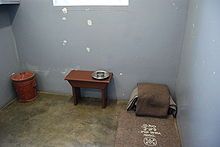 Mandela was imprisoned on
Mandela was imprisoned on 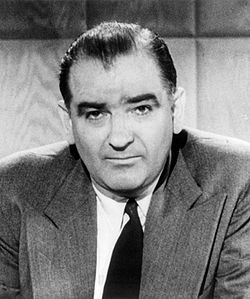 On this day in 1950,
On this day in 1950,  On this day in 1828,
On this day in 1828,  On this day in 1795, The 11th Amendment to the United States Constitution is ratified. It dealt with each state’s sovereign immunity from being sued in federal court by someone of another state or country.
On this day in 1795, The 11th Amendment to the United States Constitution is ratified. It dealt with each state’s sovereign immunity from being sued in federal court by someone of another state or country. On this day in 1952,
On this day in 1952, 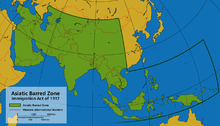 On this day in 1917, with more than a two-thirds majority, Congress overrides President Woodrow Wilson’s veto of the previous week and
On this day in 1917, with more than a two-thirds majority, Congress overrides President Woodrow Wilson’s veto of the previous week and 